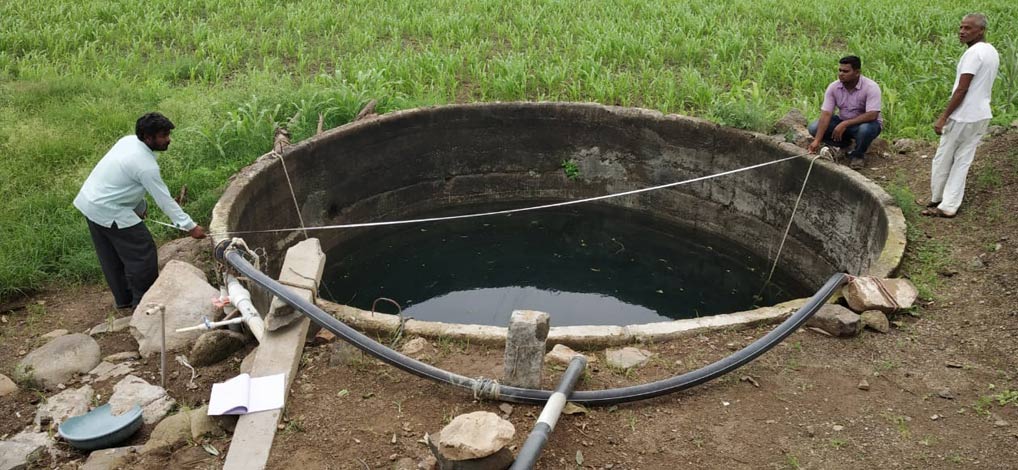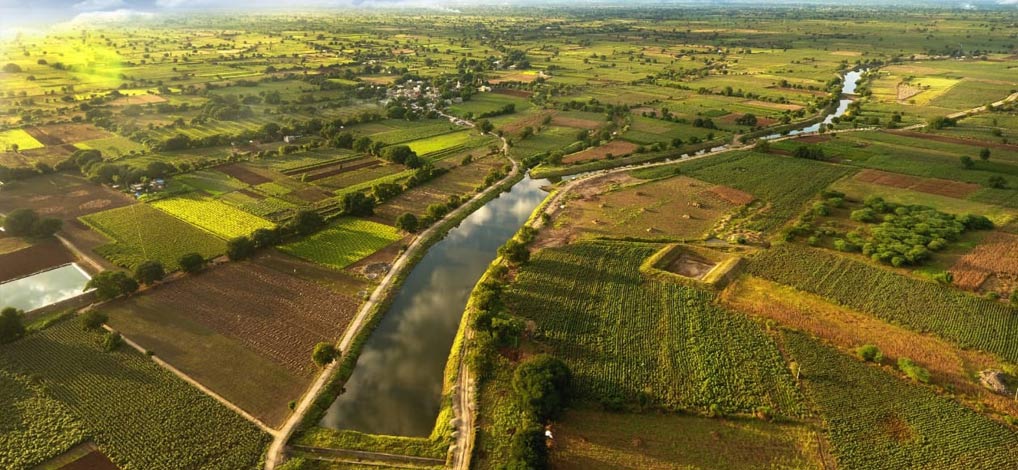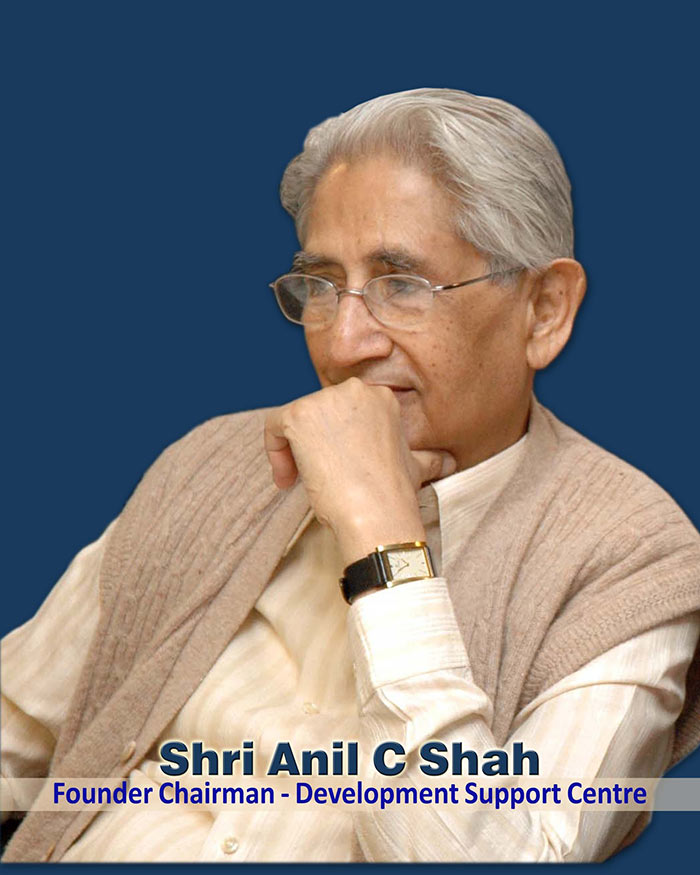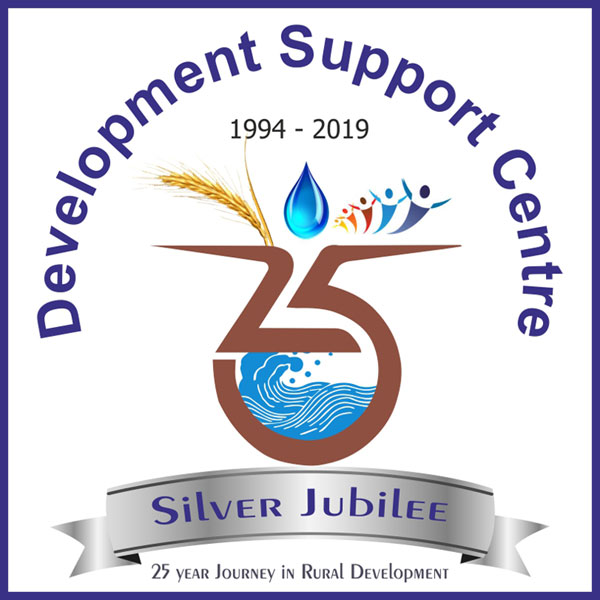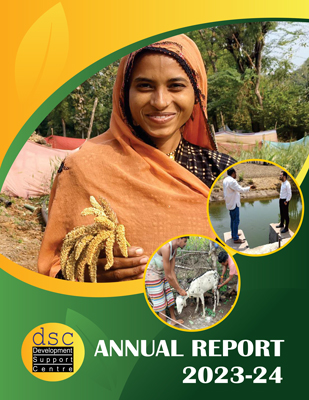Research
Home  Research
Research
Research is one of the most important and critical component of DSC's activities. It is playing the pivotal role for increasing the knowledge base of the organization and supporting its other activities such as field implementation, training and policy advocacy. DSC is having full fledged research unit having two full time research professionals conducting research, documentation and monitoring of the various programmes in natural resource management. Unlike purely academic research, the research studies at DSC are undertaken with a view to recommend changes in the existing practices at micro level and or schemes/ policies at the macro level. The specific objectives of DSCs research are:
- To find out whether the particular problem is area-specific or universal and whether it has policy implications or those that require changes in the existing practices.
- To build up argument/ support for policy advocacy through a detailed case study
- To gauge how well the stated objectives are met when of the scheme is implemented: What problems are encountered and if there are any policy implications arising out of the situation
- To study people's priorities/requirements for development as against those assumed on behalf of the people by development agencies
- To determine the need and the scope for placing farmers' priorities on the agenda of agricultural enhancement in watershed villages
DSC's research projects draws heavily from the primary data collected from the field. The methodology for primary data collection includes participatory rural appraisal exercises which are supplemented by focus group discussions and personal interviews.
Thematic Areas of DSC's research are:
- Watershed Development
- Participatory Irrigation Management
- Agricultural Productivity Enhancement
- Drinking Water
- Joint Forest Management
Following are the typical stages of research projects undertaken by DSC
- Identification of the Problem
- Preparation of Research Proposal which includes Literature Review, Problem Definition, Selecting Methodology, Identifying Researchers, Discussions, Selection of Study Sites, Budget and Timetable
- Data Collection
- Analysis and Interpretation of Data
- Writing the Report
- Presenting Report for Feedback
- Publication of Report
- Dissemination of Research through Publication, Policy Advocacy where Appropriate, Practice Change where Necessary, and Using Findings in Training









